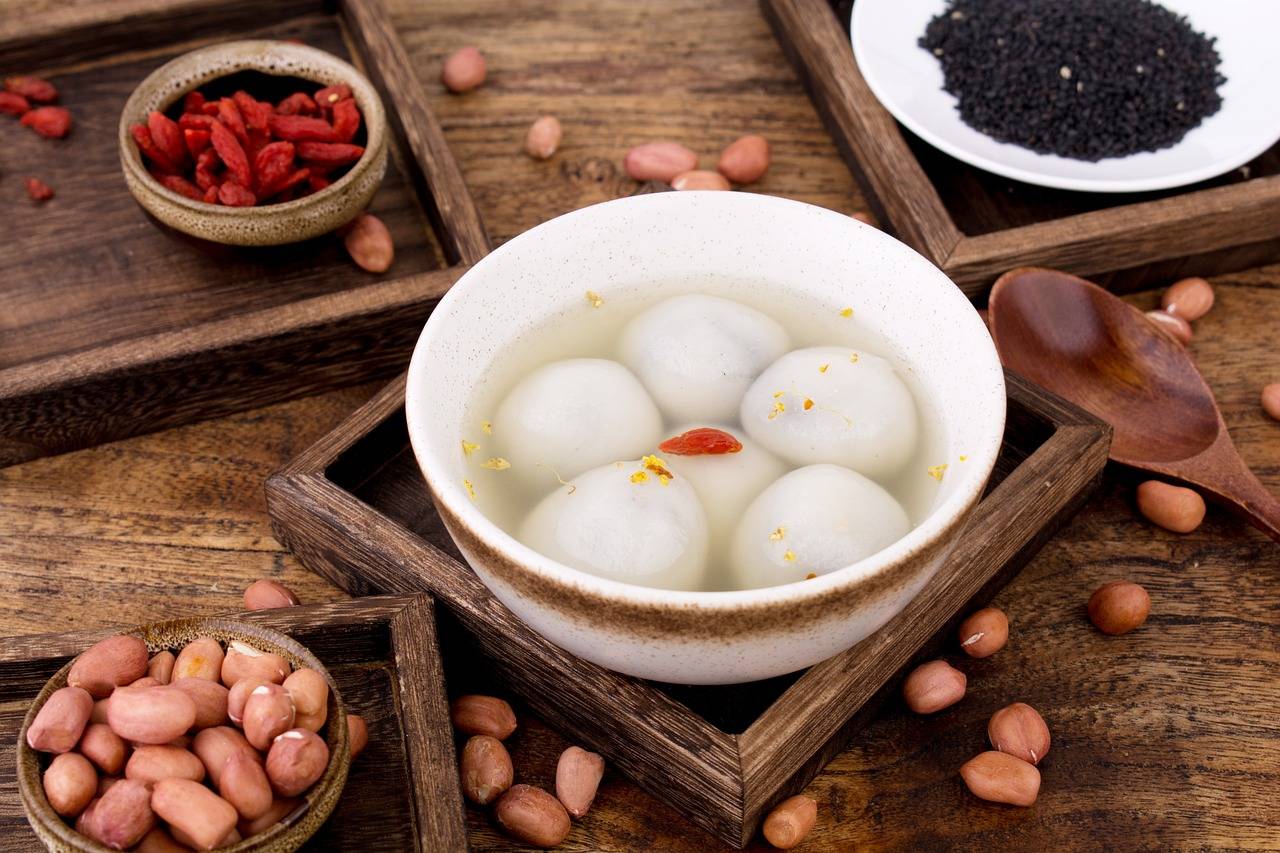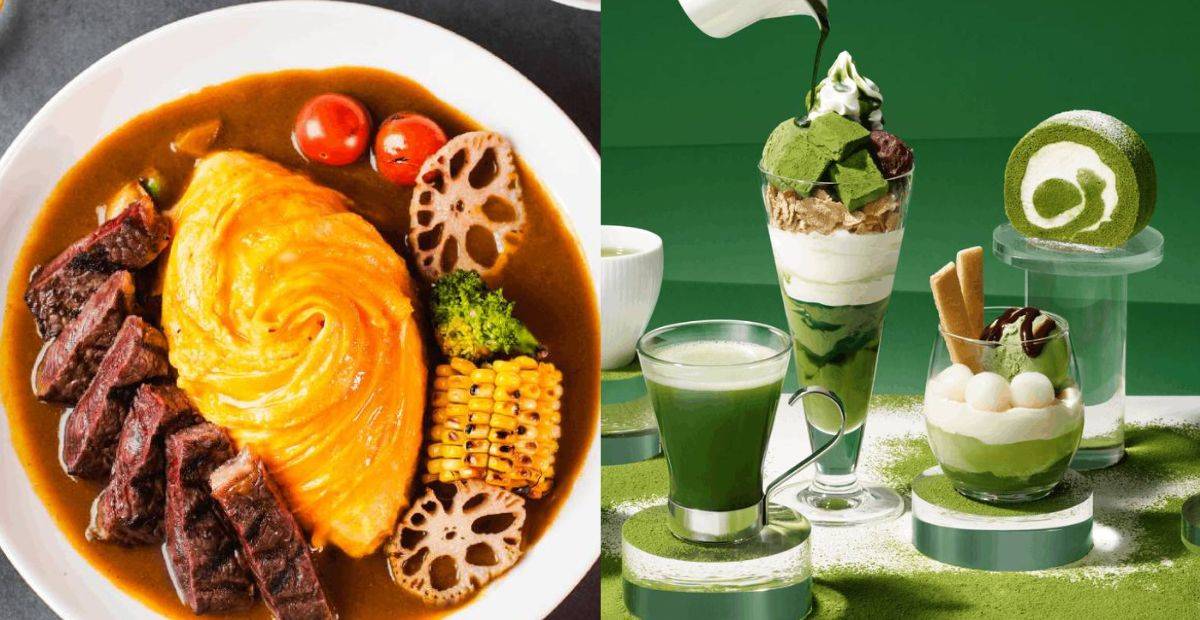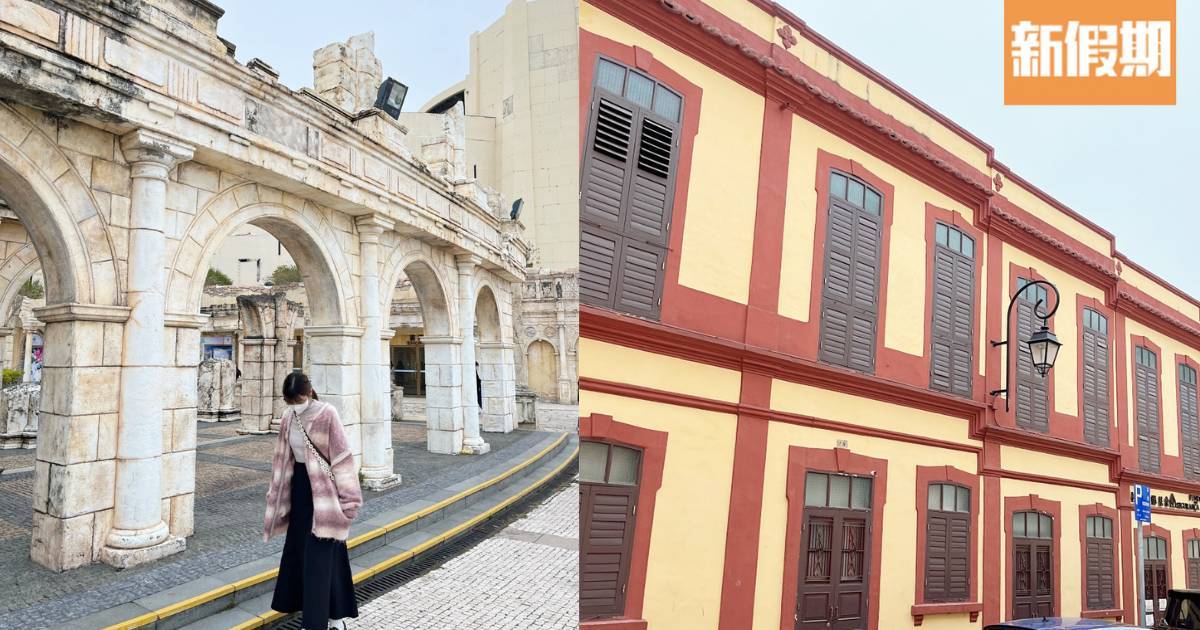Winter Solstice 2024 | Date/ Customs/ Traditions
Winter Solstice 2023 Guide: Celebrating a Key Chinese Festival
The Significance of the Winter Solstice in Chinese Culture
The Winter Solstice, or Dongzhi, is not just a significant part of the Chinese lunar calendar but also a traditional festival deeply ingrained in Chinese culture. Known as “Dongjie”(Winter Festival), the Winter Solstice is one of the earliest established among the twenty-four solar terms, dating back over 2500 years to the Spring and Autumn period. Ancient Chinese used tools like the sundial to observe the sun and determine the approximate time of the Winter Solstice.
Winter Solstice 2023: The Shortest Day and the Coldest Times
According to Tsinghua University, This day marks the shortest day in the Northern Hemisphere. Although daylight gradually increases after the Winter Solstice, it also heralds the coldest period of the year, traditionally referred to as “Counting nine cold days”(數九寒天) in China.
Winter Solstice 2023 Date
The Winter Solstice in 2023 falls on December 22nd, although its exact date varies each year within the December 21st to 23rd timeframe.

Exploring the Rich History and Origin of the Winter Solstice
Historical Importance and Modern Celebrations
Historically, the Winter Solstice was so revered that it was said to be as significant as the New Year. Today, various regions in China continue to celebrate it, with unique customs like eating dumplings in the North and winter rice balls or long noodles in the South. These traditions symbolise a way to dispel the cold and bring warmth.
Winter Solstice: A Time for Family
Transforming over centuries, the Winter Solstice now signifies a time for family gatherings, where loved ones unite to share meals and celebrate this profound cultural tradition.
Winter Solstice 2023: Customs and Traditions
Tangyuan: A Symbol of Unity
These glutinous rice balls, sweet or savoury, represent family togetherness and are a must-have during the festival.
The Tradition of House Cleaning
Cleaning the home before the Winter Solstice is a widespread custom, believed to attract good fortune and prosperity for the upcoming year.
Decorating with Window Paper-Cuts
Incorporating intricate paper-cuts into window decorations enhances the festive atmosphere, symbolising luck and prosperity
Honouring Ancestors
Paying homage to ancestors on the Winter Solstice is a pivotal tradition, emphasising respect and family unity.
When is Winter Solstice in 2023?
The Winter Solstice in 2023 falls on December 22nd, although its exact date varies each year…Click for More
Is Winter Solstice a public holiday in Hong Kong?
No, the Winter Solstice is not a public holiday in Hong Kong. While it is an important traditional festival in Chinese culture, and many people in Hong Kong observe it by gathering with family and participating in various cultural customs, it is not designated as a public holiday by the government…Click for More







